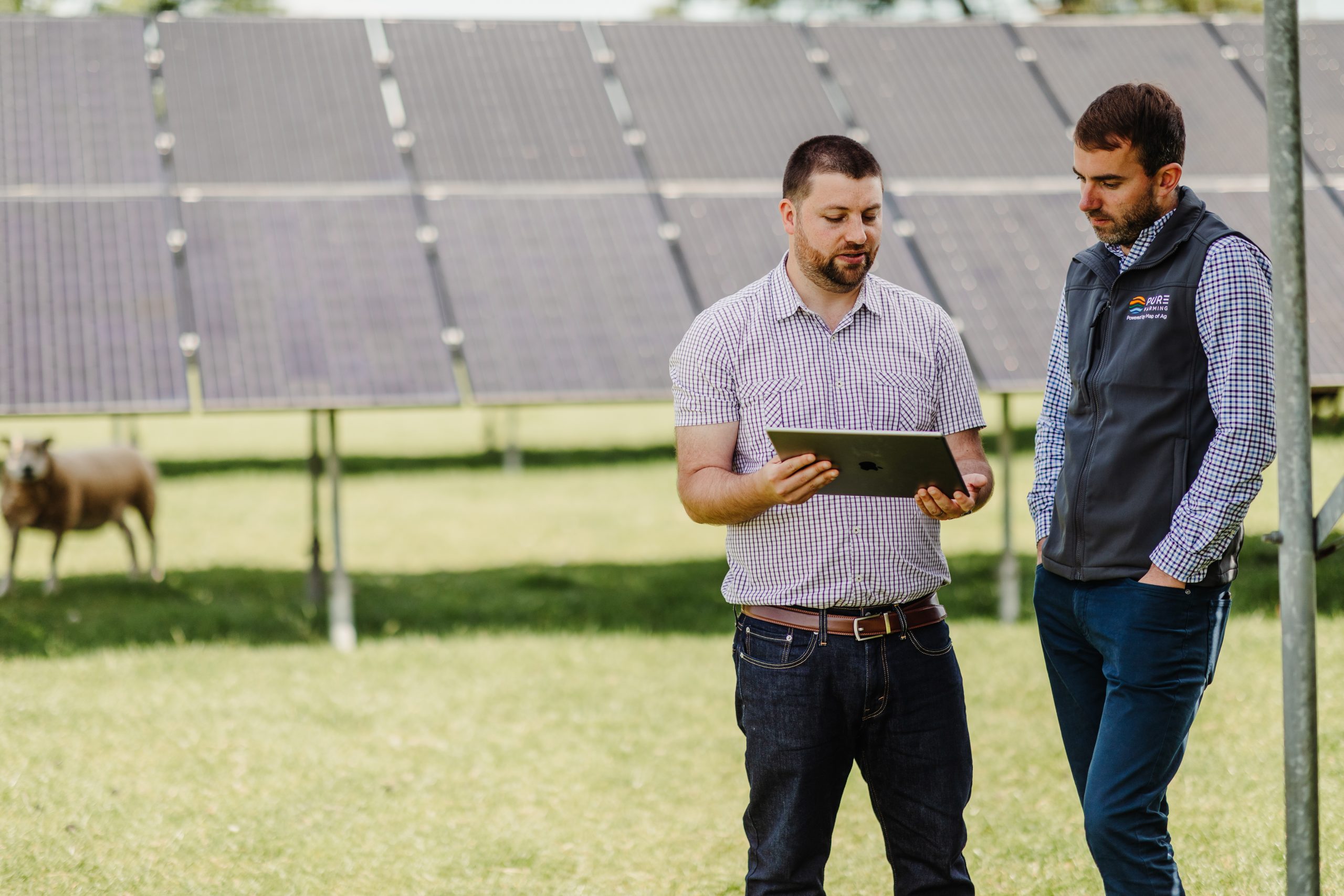How are food and fibre value chains tackling the greenhouse gas emissions from agriculture, and monitoring improvements?
Andrew Cooke and Scott McKinnon hosted a fascinating webinar, bringing expert insights from Merri King, Sustainable Sourcing Manager for McDonald’s Australia & New Zealand, and Simon Love, Head of Sustainability Assurance for AsureQuality in New Zealand.
Over the hour, our speakers discussed key challenges that face them, but also, how they’re working towards solving the big issues for them, and the planet.
McDonald’s is the first global restaurant company to take on SBTi targets at scale, and Merri King took us through their objectives and approach. One thing that’s become clear is the need to support knowledge–sharing among producers across the globe, and ensuring the right methodology and practices are implemented for reliable measuring of baselines and changes. McDonald’s is experimenting with several tools to help producers, supply chain participants, and McDonald’s to better understand the impact of the decisions made throughout their supply chain.
AsureQuality’s Simon Love explained the emissions reporting challenges, highlighting how standardisation and data sharing will be a key accelerant for tackling climate action.
“Measurement, mitigation, and adaptation are just some of the parts that go into building a transparent sustainability strategy”, explained Simon, also touching on how this may vary by industry, and where adaption may be growing.
Simon walked us through how businesses level up the data they collect for reporting, moving from benchmark averages, towards a fully integrated data future.
Closing the presentations, Andrew Cooke, Chief Technology Officer at Map of Ag, explored the methods that businesses are using to support greenhouse gas emissions Measurement, Reporting, and Verification (MRV). There are several main approaches with different benefits and weaknesses. Andrew demonstrated how Map of Ag applies the theory and integrates with activity and inventory data from source to provide all stakeholders with a greater understanding of farm systems, emissions profiles, and opportunities.
Audience members had a range of questionscovering soil health and carbon, deforestation, processes, farmer engagement and the cost of compliance. You may find the answers and discussions from the panel address issues on your mind too.


